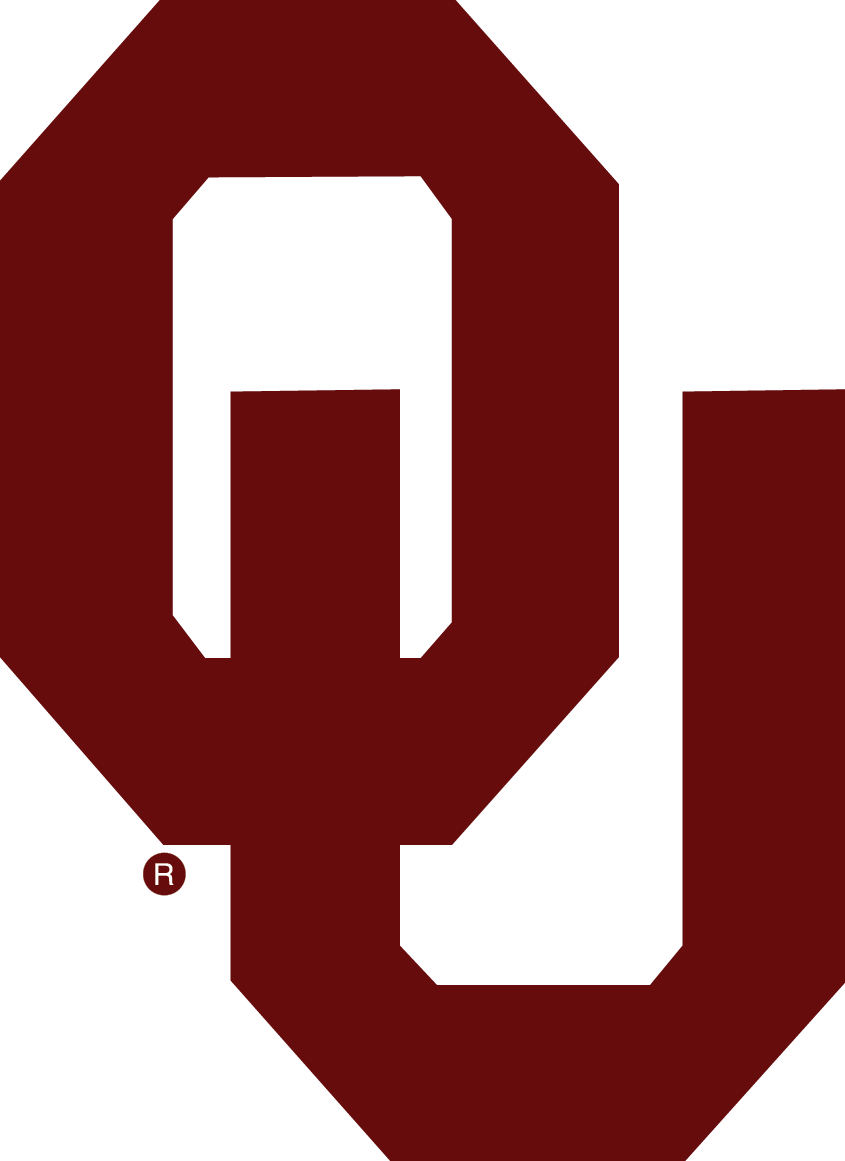The philosophy of the Dental Hygiene Program at the University of Oklahoma is one of commitment to the education of oral health professionals who are capable of integrating educational, clinical, and individual services that support and promote the total health of the patient as well as optimal oral health.
In addition to the broader goals of the University and the College, the following goals have been adopted. Graduates of the Dental Hygiene Program are expected to:
-
Be competent in recognition, evaluation, and appropriate treatment of oral diseases.
-
In all settings in which responsibility has been delegated, apply scientific principles and an analytic approach to the practice of dental hygiene, educational endeavors, public health and research.
-
Act as an integral member of the dental health team by performing quality preventive and therapeutic dental hygiene services, in a variety of settings, in order to improve the oral health status of the consumer.
-
Function as a valuable member of interdisciplinary teams of health personnel recognizing the unique contributions of each discipline.
-
Communicate effectively with patients and colleagues, develop intellectual curiosity, and demonstrate the skills necessary to enhance learning and continue professional development throughout their career.
The curriculum is designed and implemented with the goals as a foundation. The facilities offer a good environment for basic science and pre-clinical instruction, laboratory, and clinical experiences. Faculty are dedicated to excellence; sensitive to the depth of the curriculum offered; offer a wide range of professional experiences; and attempt to establish an atmosphere of respect and understanding with students.
In order to meet the goals of the program, one of the educator’s primary challenges is to provide opportunities to foster and improve the students’ critical thinking skills. This task falls not just to didactic course directors, but even more importantly to clinical instructors who are most likely to have more occasions to reinforce theoretical concepts and apply what has been learned in the classroom to actuality.
The attainment of the program’s goals necessitates background knowledge and skills in a variety of curriculum areas but just as importantly, the addition of knowledge of the latest scientific advancements and innovations in dental hygiene practice and health care systems. This essential information on the latest scientific advancements is provided by faculty in the classroom, laboratory, clinic, and community projects, but training for student involvement both while in the educational process and later as a professional is provided by requiring active participation by the students in the attainment of information (i.e., library assignments, reading updated texts, individual research assignments, sharing of information by peer presentations, etc.).
The goals are a living document sensitive to the changing needs of the profession. Each year, usually in late summer, the goals are reviewed, evaluated, and revised as necessary by the faculty during a faculty meeting established for that purpose. The meeting is mandatory for faculty affiliated with and/or holding a teaching appointment in the DH program.

